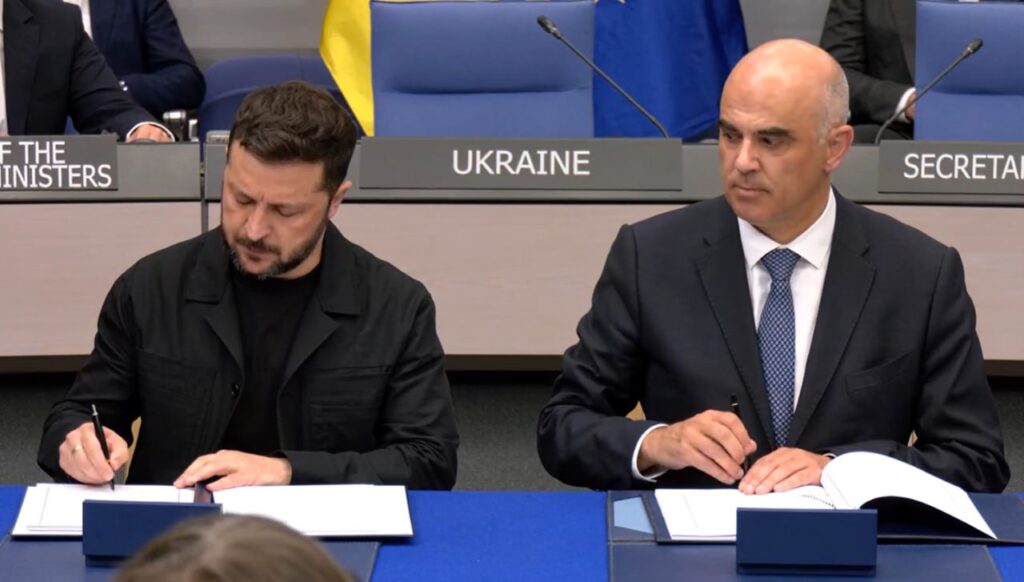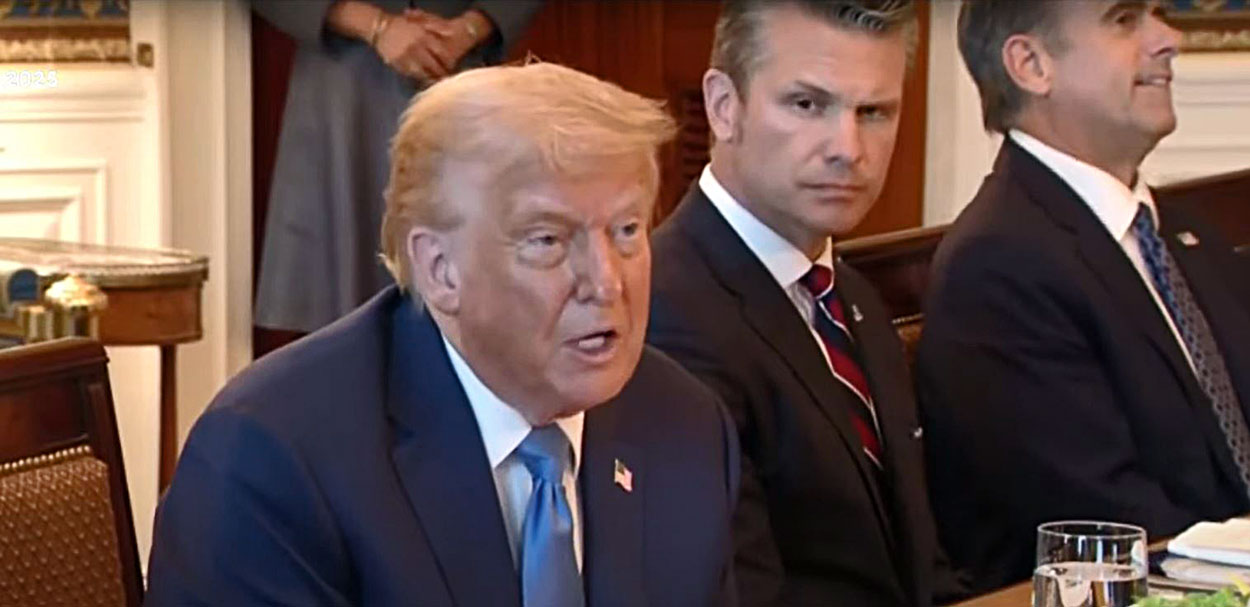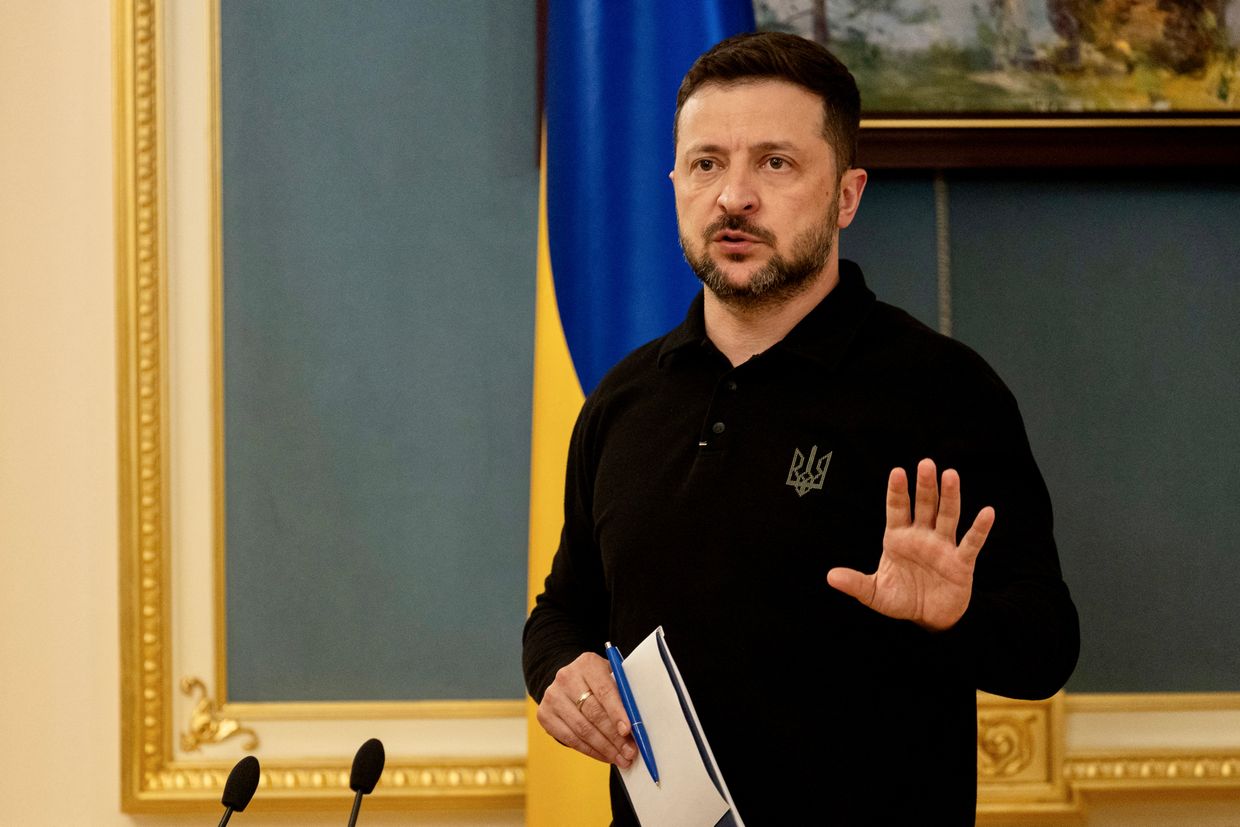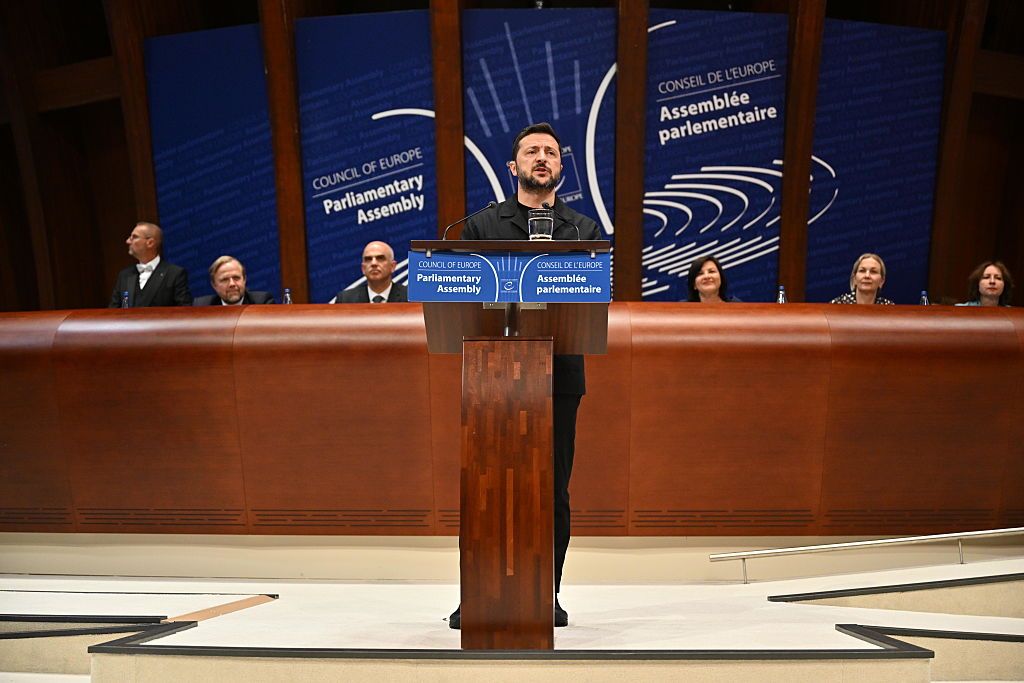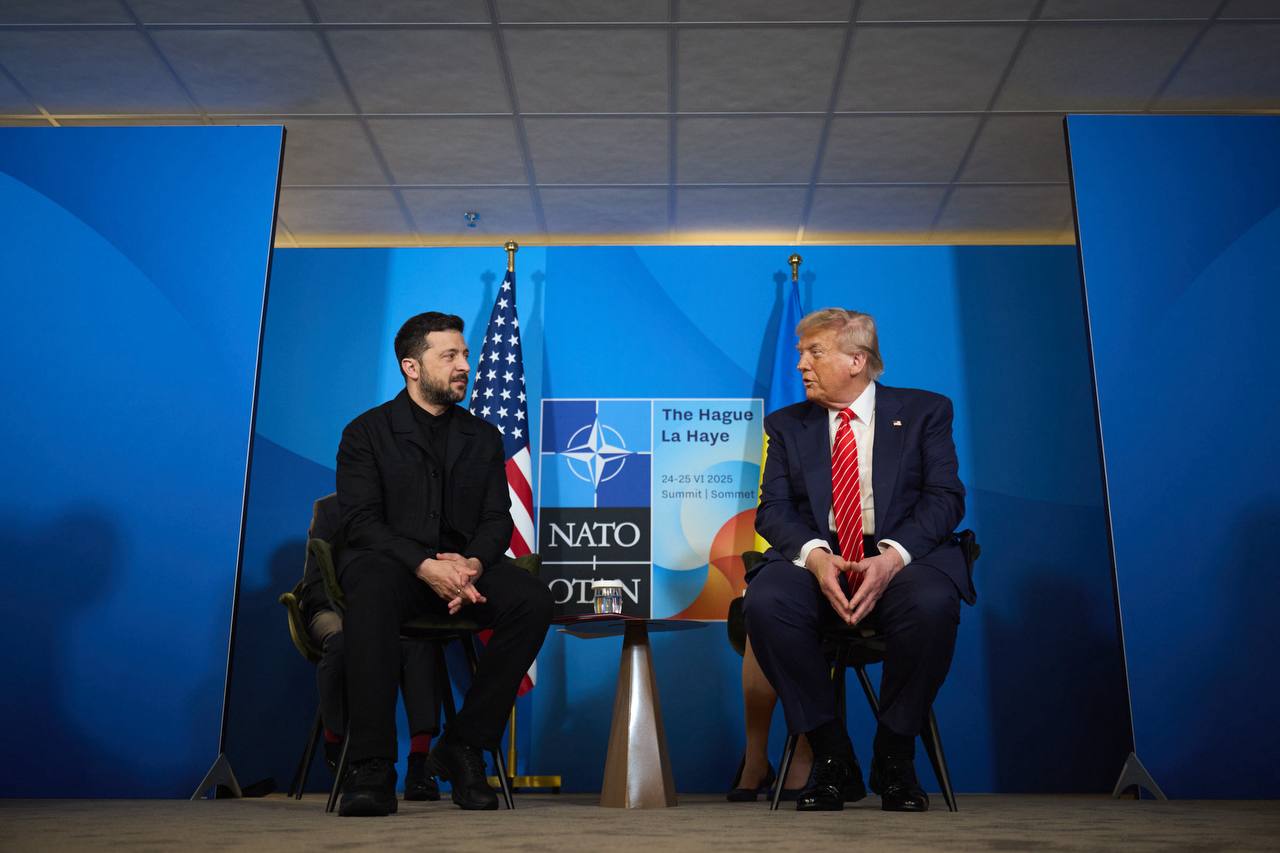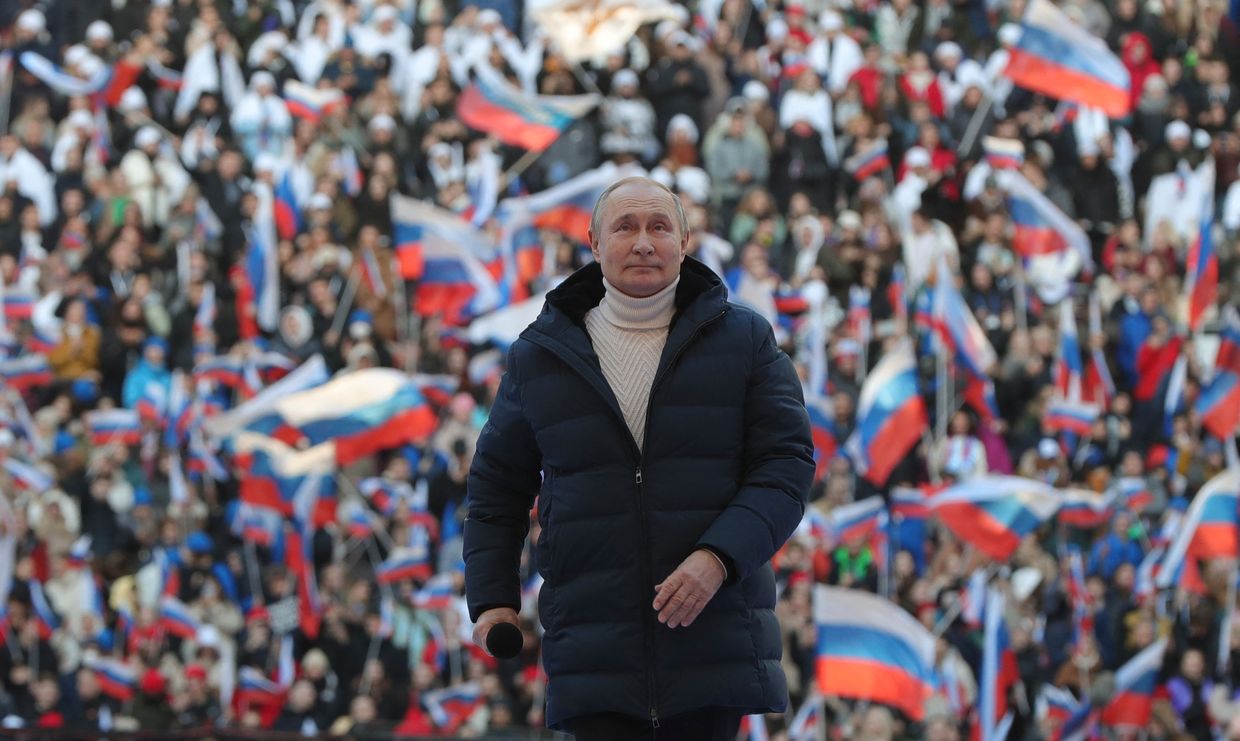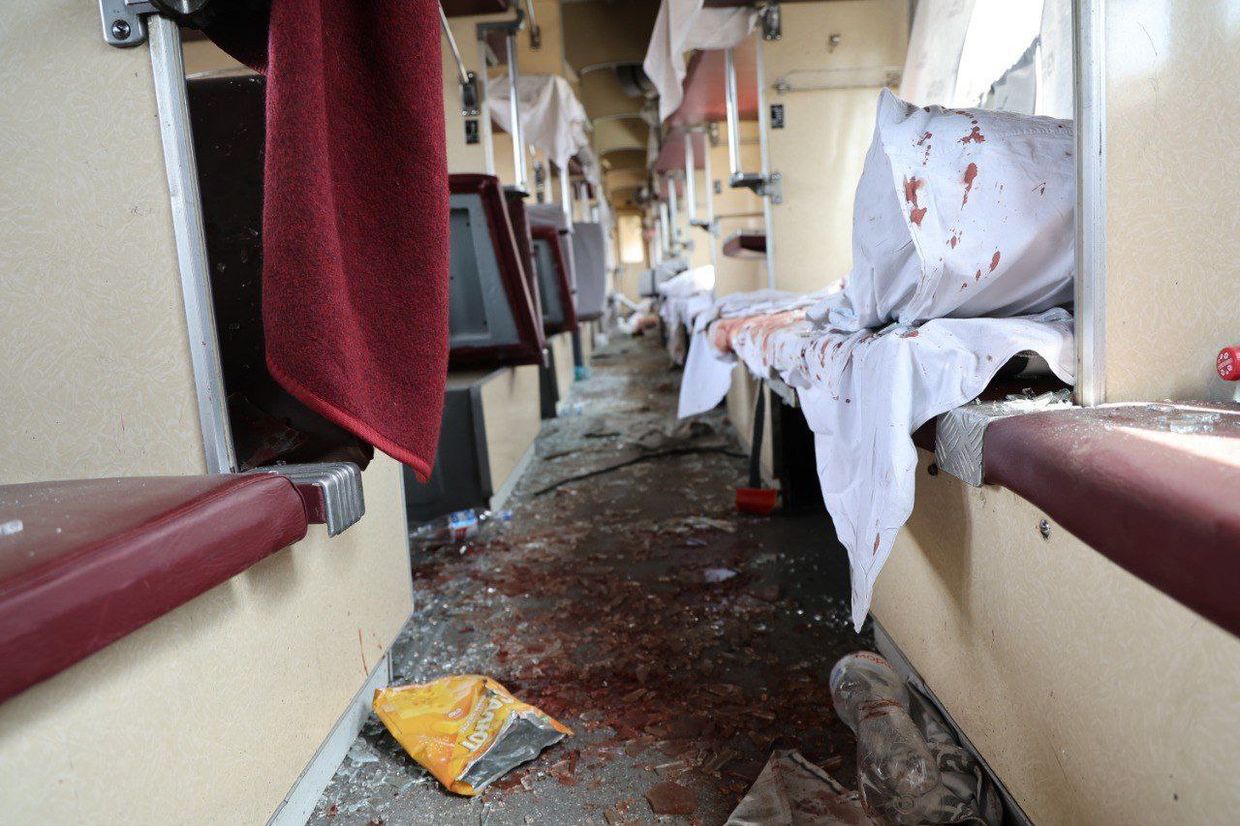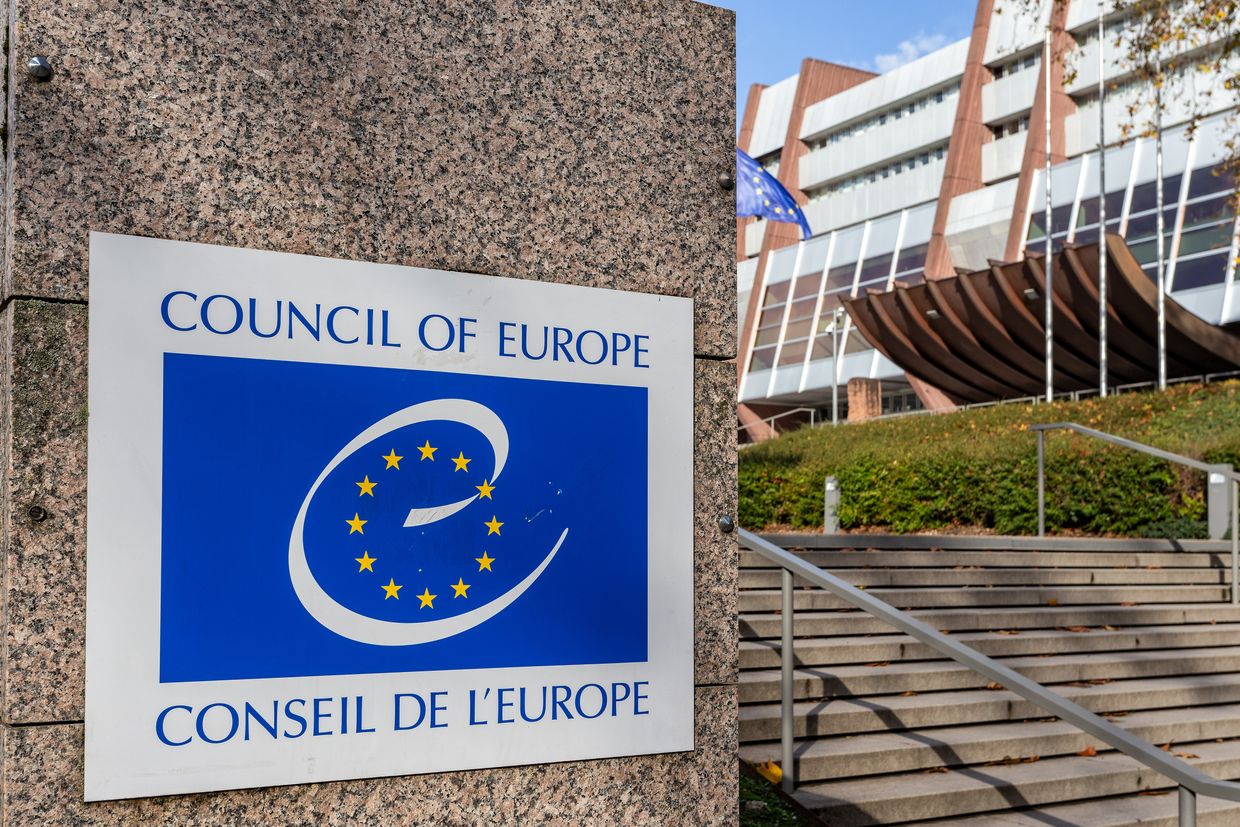
A leaked 12-point peace proposal circulating in European capitals aims to pause Russia’s war in Ukraine within just 24 hours. RFE/RL reports that the draft, initiated by Finland and developed by over 20 pro-Ukraine countries, envisions freezing the front line, barring Ukraine from taking back occupied territories by military means, and establishing long-term negotiations on the future of Russian-occupied Ukrainian territories.
This comes as Russia’s war in Ukraine has lasted 11 years, with its full-scale invasion ongoing for three and a half years. Russian forces continue large-scale offensive operations in eastern and southern Ukraine while targeting the country’s power grid with long-range strikes. Since taking office in January, US President Donald Trump has pushed for direct talks between Kyiv and Moscow, allegedly to end the war. Russia, however, has largely ignored his calls and instead escalated its attacks.
Ceasefire first: freezing the war overnight
The plan is structured in two phases — ceasefire and negotiations. The first phase outlines that hostilities would stop “24 hours after the parties have accepted this plan,” RFE/RL reports. At the start of the proposed ceasefire, the line of contact would then be frozen, with no further military movements allowed. Kyiv and Moscow would commit to a mutual nonaggression pact, meaning Russia must stop attacks while Ukraine agrees not to retake occupied areas such as the regions of Crimea, Luhansk, Donetsk, Kherson, and Zaporizhzhia by military means.
Ceasefire monitoring would begin immediately under US leadership using satellites, drones, and other technologies. A Trump-chaired “Board of Peace” is proposed to oversee the process, a concept reportedly borrowed from a recent plan for Gaza.
To support trust between the parties, the plan also suggests the so-called “confidence-building measures” — an approach the OSCE pushed for seven years after the initial invasion, though Russia consistently ignored every ceasefire during that period, while denying its own actions. It remains unclear why the authors of the current proposal believe Russia would behave differently now.
According to RFE/RL, confidence-building measures include the lifting of selected symbolic sanctions after the ceasefire holds for an agreed period. Russia could be readmitted to international organizations such as the International Olympic Committee or the Council of Europe, which expelled Moscow in 2022. The plan also proposes transferring control of the occupied Zaporizhzhia Nuclear Power Plant to an unnamed third party, with negotiations on returning it to Ukraine.
Negotiation phase: security zones, occupied land talks, and Russian narratives
Once the ceasefire is in place, the second phase would begin with an armistice and formal negotiations. These talks would determine a final line of contact, which would remain in effect until a long-term governance agreement for the occupied territories is reached. RFE/RL says that civilian multinational missions would monitor both sides of the security zone established along this line, where no military activity would be permitted.
Russia formally considers the occupied territories of Ukraine part of its own territory, and it is unclear why the proposal’s authors believe that Moscow — which consistently demands Ukraine’s de facto capitulation — would somehow accept external governance of the areas it controls.
Explore further
Reuters: Trump could unleash new sanctions on Russia’s economy, but waits to see if Europe dares move first
One of the points includes undisclosed security guarantees — an element the so-called Coalition of the Willing has been shaping since spring. Another proposed element calls for a high-level dialogue between Kyiv and Moscow “to increase mutual understanding and respect for diversity of language, culture, and religion.”
Eastern EU officials told RFE/RL this wording reflects Russian disinformation about alleged discrimination against Russian-speaking Ukrainians.
A particularly controversial point involves initiating talks on “permanent governance of the occupied territories.” Many EU capitals view this as incompatible with Ukraine’s territorial integrity and oppose the idea of legalizing Russian control over parts of Ukrainian land.
Explore further
Trump says he won’t meet Putin unless “we’re going to make a deal”
Frozen Russian assets and the question of compensation
The penultimate point in the draft addresses reconstruction. A new fund for Ukraine would be created, and frozen Russian assets could be used to finance rebuilding. As RFE/RL notes, over €200 billion (around $233 billion) are currently held in the West. These could be returned to Russia only after an agreement on war damage compensation is reached between Kyiv and Moscow.
Sanctions would be gradually lifted as the deal progresses. However, a so-called snapback mechanism is proposed: if Russia resumes attacks, all sanctions, and isolation measures would be reinstated automatically.
EU official: “There won’t be peace — that’s Putin’s one-point-plan”
Despite the detailed proposal, RFE/RL quotes one European official admitting that the plan’s chances of success are “probably not much.” While some hope the United States might support elements of it, most diplomats doubt that the Kremlin will accept any of the core terms.
“We can have a 12-point-plan, but there won’t be peace — that is Putin’s one-point-plan,” a European diplomat said.
